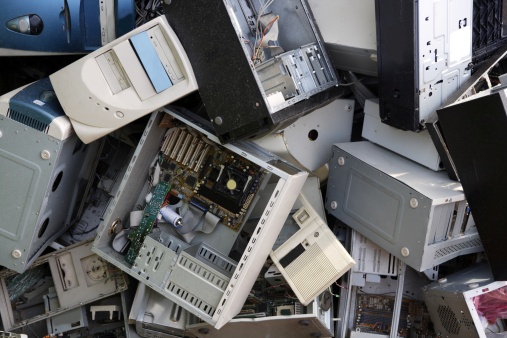Technology
With Rise in Lenovo, Dell and HP Face Unstoppable Challenge
Published:
Anyone who doubted that the race for global personal computer (PC) supremacy has shifted outside the United States only needs to look at Lenovo’s most recent quarterly results. Revenue at the Chinese company rose 9.7% to $8.8 billion. Net income was $174 million, a demonstration that, even for the leader, margins in the industry are poor.
There is a great deal of irony in the fact that Lenovo is mostly a retread of U.S.-based International Business Machine Corp.’s (NYSE: IBM) PC business, which it cast off because it believed larger computers and services were better sectors. Perhaps that was true, if profits were the primary consideration.
Lenovo had beat Hewlett-Packard Co. (NYSE: HPQ) and Dell Inc. (NASDAQ: DELL) at their own games earlier in the year, when research firm Gartner reported Lenovo had become the top PC company based on market share — 16.7% in the second quarter.
Lenovo’s earnings and market share victories were marred by the sharp contraction in PC sales. However, at least Lenovo has a modest smartphone business, one that its two American-based rivals envy. Lenovo ranks fourth in the world in smartphone sales, behind Samsung, Apple Inc. (NASDAQ: AAPL) and LG. Since most experts believe that all smartphone companies, other than Apple and Samsung, lose money on the business, Lenovo can take comfort in its relative success, but one that gives it no financial advantage.
The news of Lenovo’s success is worse for Dell than HP, although HP currently is considered the more wounded company. HP at least has a huge printer operation, as well as enterprise software and services operations. Dell remains mostly a PC company. In the grip of a buyout battle between Michael Dell and Carl Icahn, some of Dell’s management and board have to be pulled away from its immediate need to recast its business.
While Dell wrestles with a buyout war, and HP with problems like its takeover of software firm Autonomy for $10.3 billion, Lenovo continues to cruise forward with much less drag from legacy problems. Years ago, almost no one believed a modest-sized PC company from China could challenge the world champions. As of now, it is too bad for the two of them.
Thank you for reading! Have some feedback for us?
Contact the 24/7 Wall St. editorial team.